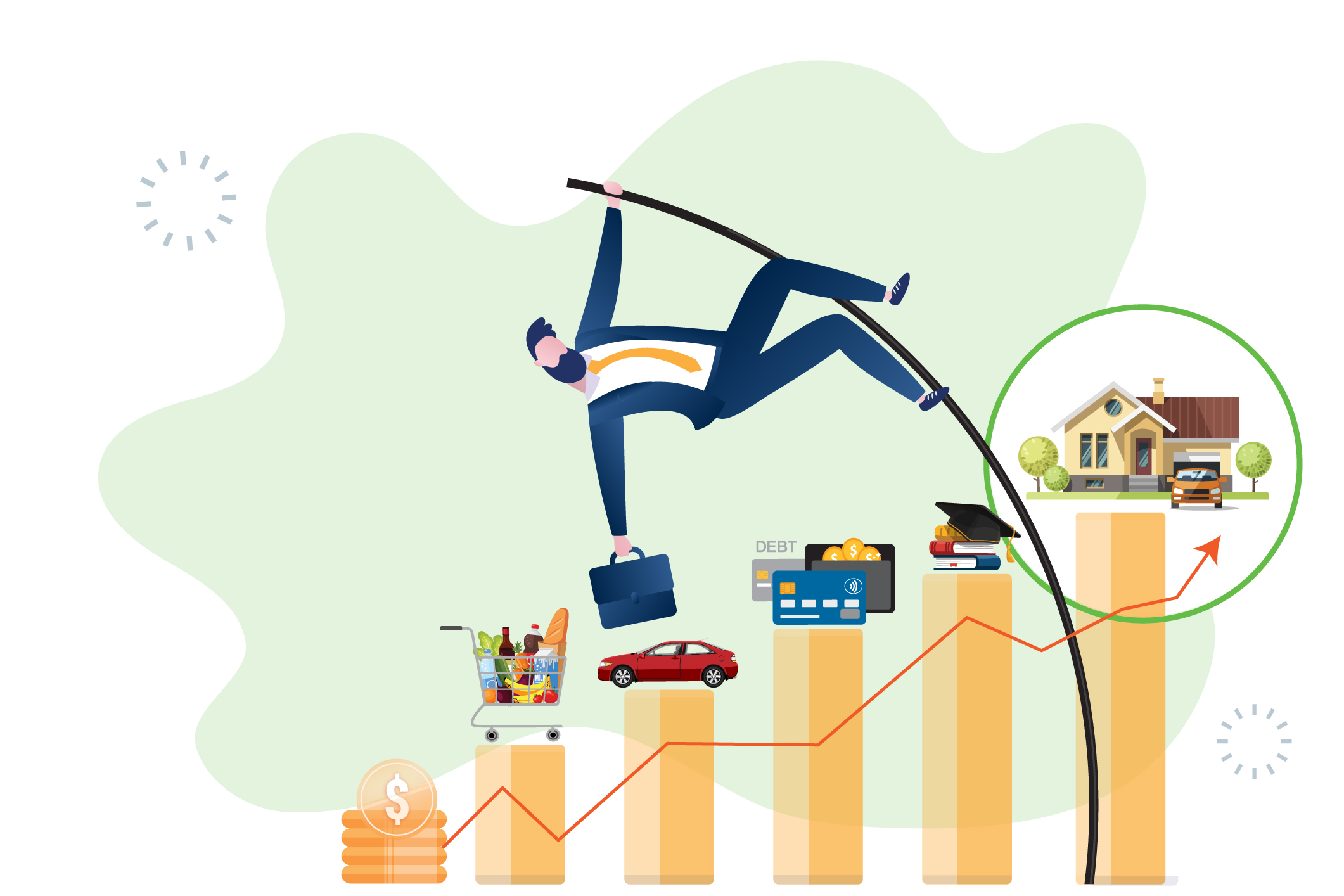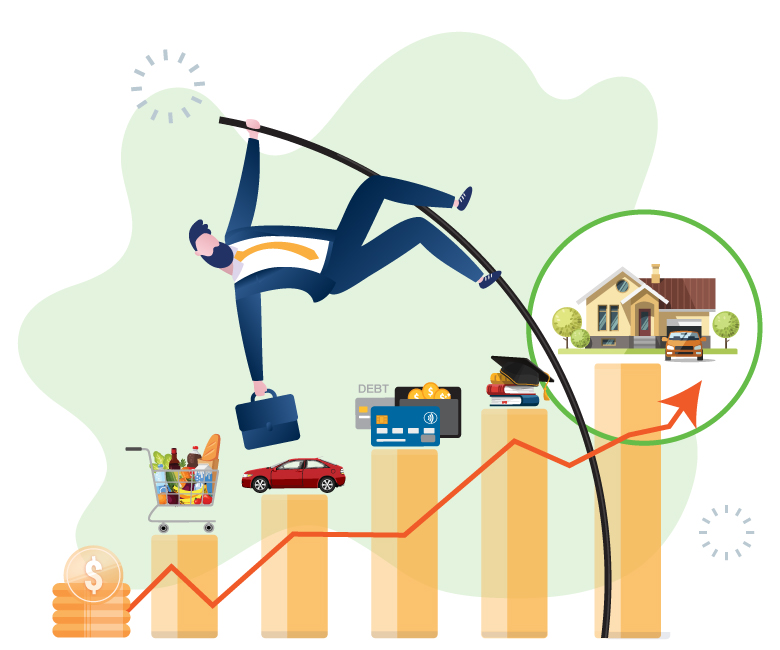You may be in a situation where you’ve crunched the numbers and your income doesn’t match your current debt repayments, or if it does, it leaves you with little to pay for essentials like food and health care.
How do you work out what to pay first?
Before you go down the path of choosing between paying your car loan or your home loan, it is important that you do a credit health check.
What is a credit health check?
A credit health check is the process of assessing your creditworthiness by delving into your credit report and credit score.
Your credit report and credit score provide valuable insights into your financial standing and the best part? You can check it yourself!
A credit health check will help you identify if you have expenses, you can get rid of or at least reduce, and whether you can make changes to your existing debts, so the repayments are less.
Once you’ve done this credit health check, a critical step next step is reaching out to your lenders for financial hardship assistance. Traditional lenders – banks and finance companies – are required by law to consider any request you make for hardship assistance. They will ask for details of your situation and assess whether hardship assistance will help you.
Many non-traditional lenders – such as buy now pay later providers, debt collectors – and your telcos or energy/ utility providers are also required to have financial hardship policies and consider your request for hardship assistance.
There is no shame in asking for financial hardship assistance. The earlier you let your lenders know about your position, and the more information you can provide them, the more they can do to help. You don’t want to be in a situation where you are choosing between paying for different loans, but you’ve not let your lender know you’re in hardship.
Unfortunately, when you fall behind with a lender and you’ve not reached out to them to seek help, their costs will increase – there may be additional costs due to non-payment or extra fees and interest. And the longer you let it go, the worse it gets.
You may have done everything we have suggested, and still you’re stuck choosing between which lender to pay. There is no magic solution as to which debt you should pay to keep you afloat for longer. One organisation may be more lenient than another, but this can change overnight. And if you’ve not been communicating with your lenders, they may be taking action behind the scenes to collect your debts – and when that happens, it can limit the options that are then available to you.
The reality is that if you’re juggling debts like this, you need to reach out to support services for help. Particularly if keeping up with your loan payments means you are not eating properly or not able to pay for medications or other essentials.
The National Debt Helpline on 1800 007 007 should be your first port of call. And if you’re after more support services to let you know how to get access to food, mental health support, and other essentials, Ask Izzy on 1800 737 732 provides that information.


